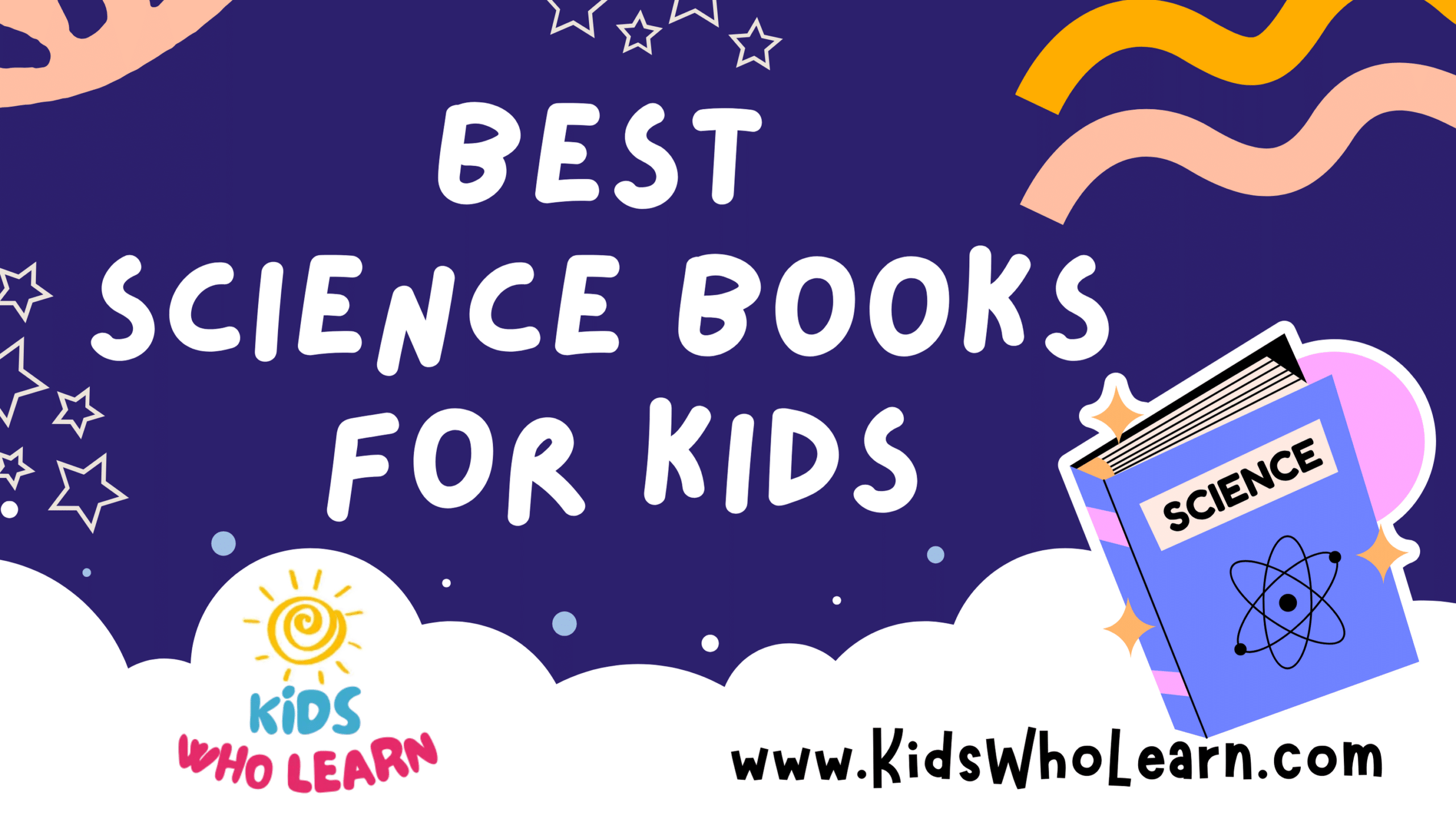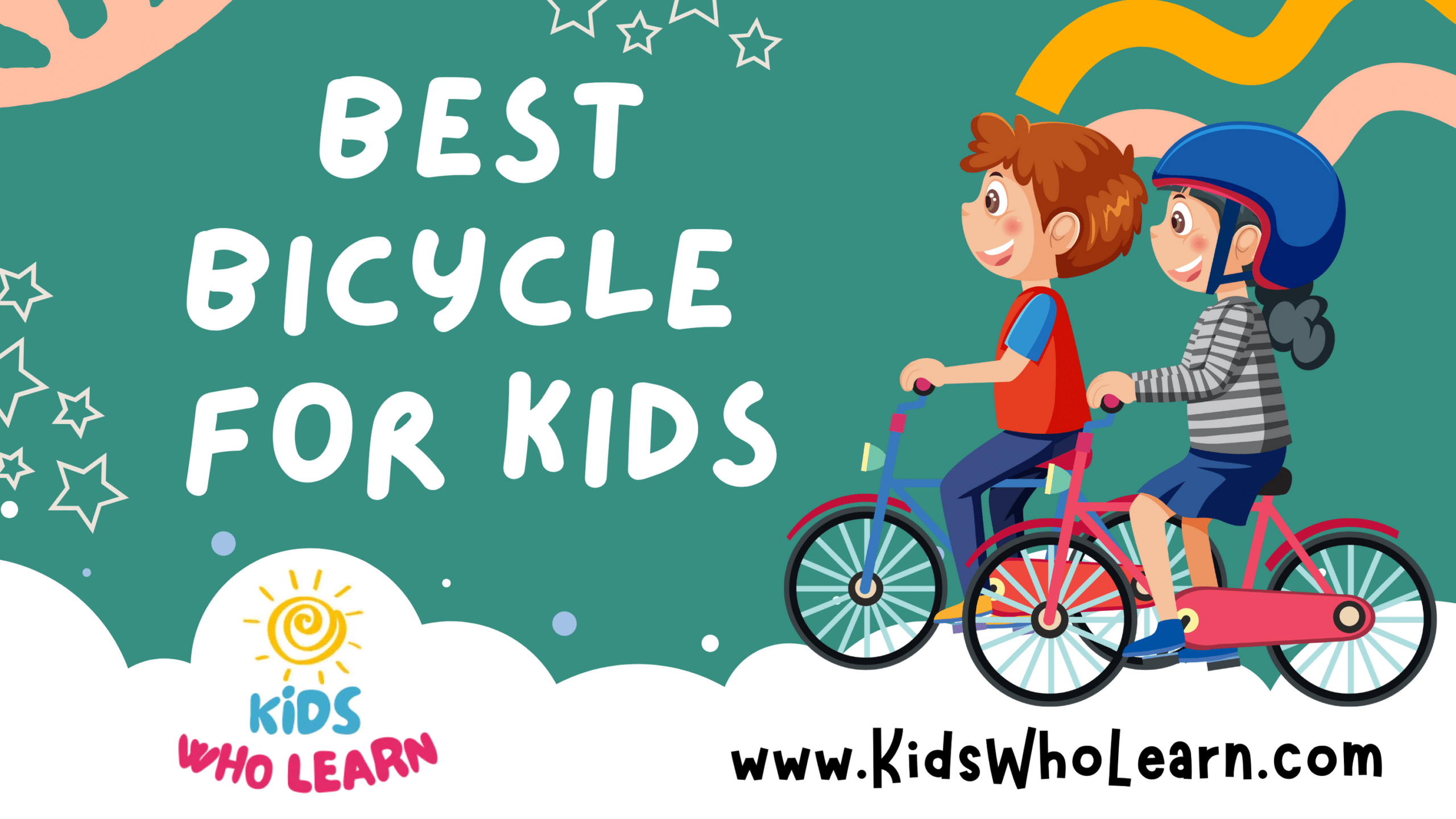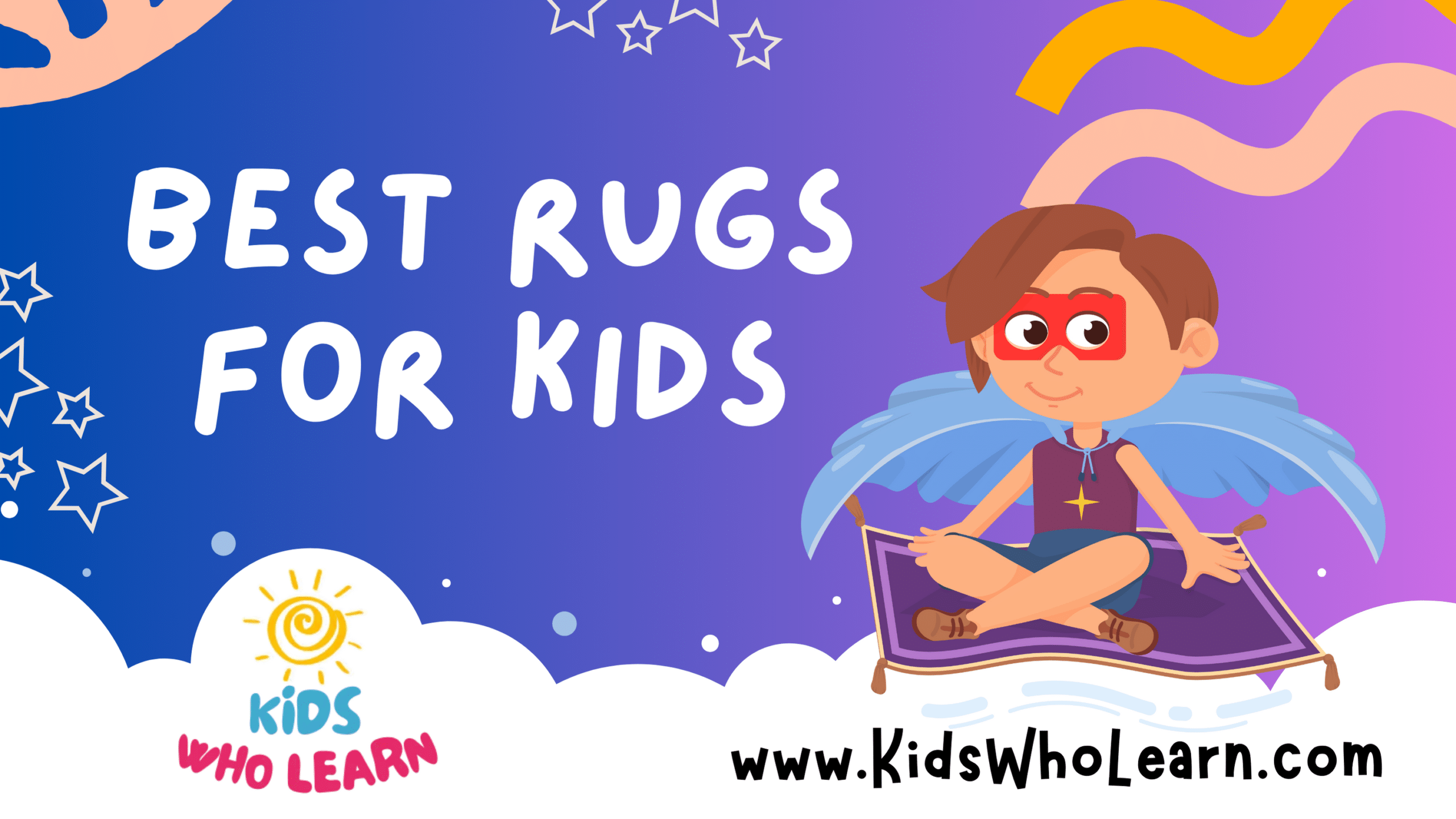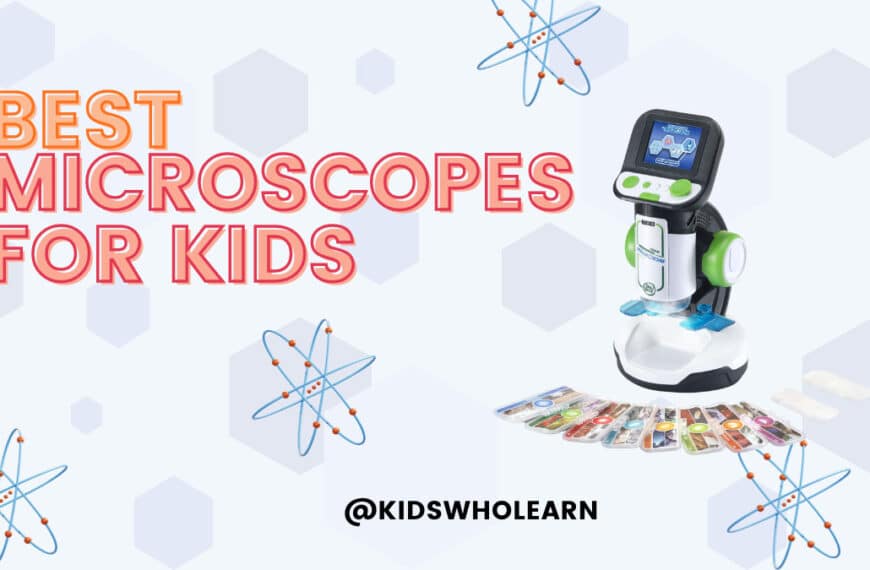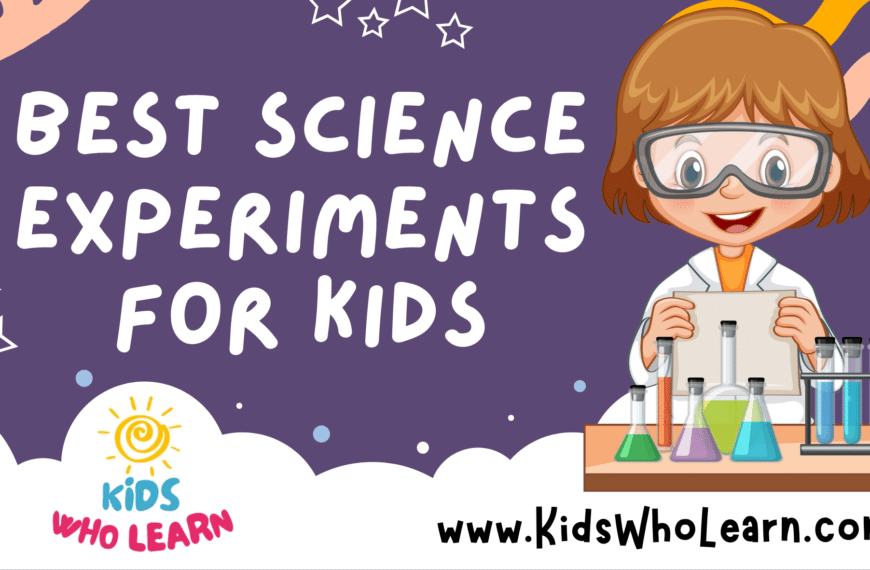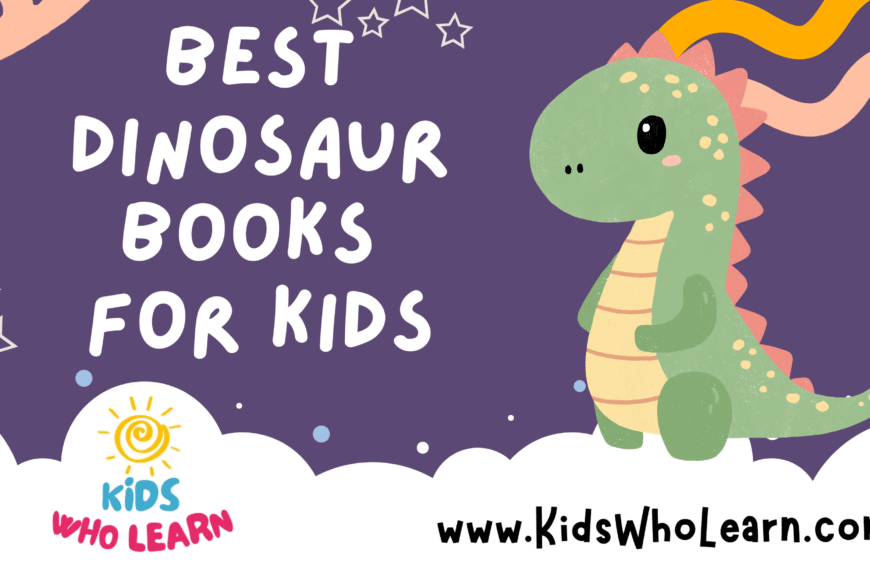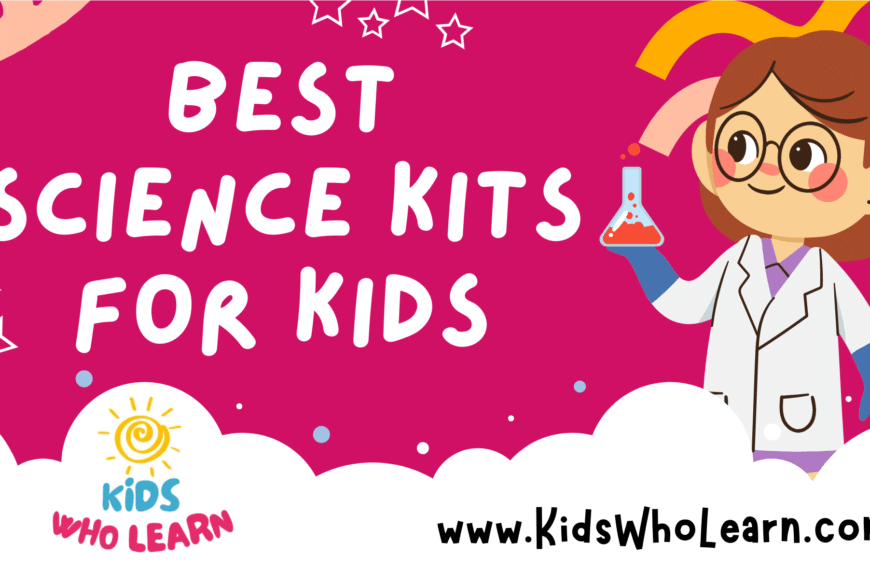Science is a vast and ever-evolving field that stretches the boundaries of what we know about the world around us. For children, it can be a gateway to a lifetime of inquiry, shaping their understanding of complex systems through engaging and age-appropriate literature. Science books for children are specifically designed to translate intricate ideas into digestible pieces of information, sparking curiosity and inspiring the next generation of scientists, engineers, and thinkers. These books come in a variety of formats, from hands-on experiment guides to narrative explorations of scientific concepts, catering to the diverse learning styles of young readers.
Choosing the right science book for a child is critical, not just to ignite interest but also to sustain it through clear explanations and captivating illustrations. When selecting a book, it’s important to consider the child’s age, reading level, and specific interests. For younger children, picture books with bright images and simple text can introduce basic concepts. Older children might be ready for more detailed explorations, including practical activities and experiments they can do at home or at school. Durability is also a factor, as well-loved books may go through many hands and should withstand frequent use.
Another key aspect is the accuracy of the content. It’s essential that these books are up-to-date with current scientific understanding to ensure that children are receiving correct information. The credentials and background of the authors can be a good indicator of the reliability of the content. Additionally, books that encourage critical thinking and problem-solving skills can provide more than just facts, helping children to develop a scientific mindset.
The ultimate goal is to find a book that not only educates but also entertains, creating a balance that will keep children engaged and eager to learn more. With these considerations in mind, we’ve evaluated a myriad of titles to provide you with our top picks that excel in cultivating young minds. The transition into our curated selection of the best science books for children is therefore focused on fostering a passion for science through a combination of age-appropriate content, vivid storytelling, and factual accuracy.
Top Science Books for Young Minds
We’ve searched high and low to curate a collection of science books that are perfect for young readers. Each title on our list presents a unique opportunity to spark curiosity and inspire learning through engaging explanations, vivid illustrations, and age-appropriate content. Whether your child is fascinated by the stars above, the creatures in their backyard, or the mysterious forces that hold our universe together, we’re confident that our selections will open doors to new discoveries and a lifelong passion for science.
Fascinating Science for Kids
We find this book an excellent choice for sparking curiosity and fostering a love for science in young minds.
Pros
- Encourages critical thinking and a scientific mindset
- Diverse range of engaging science facts
- Tailored to be comprehensible for the intended age group
Cons
- Some illustrations may lack color vibrancy
- Content might be quickly outgrown by older readers
- Paperback format may be less durable than hardcover
Children’s literature has a profound impact on developing young minds, especially when it involves science education. “The Fascinating Science Book for Kids: 500 Amazing Facts!” offers a gateway into the wonders of the world, presenting complex concepts in a child-friendly format. With bite-sized snippets of information, this book caters to the inquisitive nature of young readers aged 6 to 10.
Books that stir curiosity can often be the catalyst for a lifelong passion for learning, and science is a perfect subject to kindle this kind of enthusiasm. The book’s well-explained facts can help children grasp and retain new information, making it a top-notch educational tool. Moreover, the broad array of subjects touch on various scientific disciplines, ensuring that there’s something to captivate every young learner.
In our evaluation, this book is an asset to any child’s library. It turns learning into an adventure, with each page holding potential for a new discovery. Despite the limited durability of a paperback and the potential need for more vibrant illustrations, its content remains its strongest asset. “The Fascinating Science Book for Kids” is a resource we confidently recommend for nurturing a young one’s scientific curiosity.
Incredible Facts for Kids
We believe “The World Almanac 5,001 Incredible Facts for Kids on Nature, Science, and People” is a treasure trove of knowledge that any curious young mind would delight in exploring.
Pros
- Great diversity of facts spanning nature, science, and various topics
- Visually engaging with colorful illustrations and photographs
- Aids in expanding vocabulary and general knowledge for children
Cons
- Some younger readers may find the book a bit overwhelming due to its size
- The large volume of facts may require guidance from adults for better understanding
- Its physical weight might not make it the most portable option
Fostering a love for reading and learning in children is essential, and this almanac makes it a fun and stimulating experience. Covering a wide array of subjects, it ensures that the knowledge provided caters to an extensive range of interests. Each page is packed with information that can ignite discussions about the natural world, groundbreaking scientific discoveries, and fascinating individuals, providing valuable context and insights into the complexities of our world.
Visuals in a book are just as important as the text, especially when engaging young readers. This almanac employs rich, colorful images and illustrations that capture the imagination and compliment the facts. Children are often drawn in by the visual aspect of learning materials, and this book delivers a delight for the eyes as well as the mind.
Understanding and retaining information can be a joyous process, and this book supports that. However, due to the book’s substantial content and size, younger readers might need assistance from parents or educators to navigate through the sea of facts. This collaborative engagement can further enrich the educational experience, ensuring that learning doesn’t happen in isolation but through interactive dialogue.
The Everything Kids’ Science Experiment Book
We recommend this book as a valuable resource for sparking scientific curiosity and providing educational entertainment for children.
Pros
- Engages young readers with hands-on experiments
- Covers a wide range of scientific topics
- Provides easy-to-understand background information
Cons
- Lacks colorful illustrations that might appeal to younger children
- Some experiments may require adult supervision or assistance
- Paper quality could be improved for durability
Encouraging children to discover the joys of science can be a challenging task, but this book makes it exciting. It offers a plethora of experiments that are both fun and informative, allowing kids to learn by doing. Each activity is broken down into simple steps, making the scientific concepts accessible and digestible.
With subjects ranging from biology to physics, there is something to captivate every young scientist’s interest. We appreciate how the book invites exploration and critical thinking, essential skills for budding scientists. It serves not only as an educational tool but also a gateway to many wonderful discussions about how the world works.
While this book is a fantastic learning resource, its presentation may seem a bit lackluster to children accustomed to bolder, more vibrant graphics. However, for children who are enthusiastic about learning and doing experiments, the monochrome illustrations are a small trade-off for the rich content it offers.
Overall, we find the “The Everything Kids’ Science Experiment Book” to be an outstanding choice for introducing children to scientific concepts. Its hands-on approach to learning is both effective and fun, ensuring that children will come back to it time and again, nurturing a lifelong interest in science.
Bill Nye’s VR Science Kit
We recommend this VR science kit for fostering a love for science through interactive learning and virtual reality experiences.
Pros
- Award-winning immersive learning experience
- Covers a wide range of scientific topics
- Includes hands-free VR goggles for a fully immersive experience
Cons
- Requires additional household items for some experiments
- VR content may be limited in depth and duration
- Customer service may be necessary for missing pieces
Engaging kids with science has moved beyond traditional textbooks. With this VR
Mark Twain General Science Activity Book
We recommend this workbook for children eager to explore various scientific concepts through engaging activities.
Pros
- Encourages independent learning with a variety of exercises
- Supplemental material complements existing science curriculum
- Content is suitable for a wide age range within middle school
Cons
- Requires additional resources as it does not offer in-depth explanations
- Some customers expected a textbook, not just a workbook
- Might not align with every classroom’s curriculum
Finding the right balance between education and engagement is key when it comes to science books for kids. This workbook excels at providing challenging, yet accessible activities that promote independent thought. The material spans a broad spectrum of scientific domains, ensuring a comprehensive supplementary encounter with the mysteries of science.
While the workbook fosters scientific curiosity, we must consider its supplementary nature. Parents and educators might need to provide extra material or guidance to flesh out the topics presented. However, the benefits of this hands-on learning approach are evident in the enthusiastic feedback from many who have incorporated it into their learning regiment.
Despite its strengths, having additional resources ready is imperative, since the workbook lacks the depth a textbook might offer. For children and educators in search of a primary educational resource, this might not be the go-to choice. But when used alongside a structured science program, its value as a tool to consolidate knowledge shines through.
Britannica Kids’ Encyclopedia
We recommend this encyclopedia for its rich content and engaging illustrations, which make learning enjoyable for children aged 5 to 9 years.
Pros
- Comprehensive collection of topics
- Visually appealing with colorful images
- Suitable for broad age range
Cons
- May be heavy for younger children to handle
- Some illustrations could be more detailed
- Cover may show wear over time
Choosing the right science book for children can kindle a lifelong interest in learning. The Britannica Kids’ Encyclopedia stands out as a treasure trove of knowledge, spanning a multitude of subjects that cater to a child’s curious mind. With its 424 pages, it’s a comprehensive guide that dives deep into a wide array of topics, ensuring that it grows with your child as their thirst for knowledge deepens through the years.
The layout is inviting, with a blend of photographs and drawings that capture a child’s attention, aiding in the absorption of information with ease. While the pages are dense with facts and figures, the material remains accessible. The language is tailored to young readers, breaking down complex concepts into digestible pieces that can fuel their imagination and spark conversations.
Weighing the book’s heft against its content, this Encyclopedia might be sprawling, but it serves as an excellent resource for youngsters to explore the wonders of our world. From science to history to the arts, this book can be the catalyst for a child’s future educational path. It is well structured for both independent reading and as a resource to be shared with parents or educators, ensuring it has a place on the home bookshelf for years to come.
5,000 Awesome Animal Facts
We believe this book is a treasure trove for young readers who are enthusiastic about the animal kingdom and eager to learn through a vibrant and engaging resource.
Pros
- Covers a wide array of animal facts
- Visually appealing with rich illustrations
- Ideal for a broad range of young ages
Cons
- Possibly overwhelming due to the volume of information
- Some facts may be too advanced for the youngest readers
- Book’s size may be cumbersome for small hands
Curiosity about the natural world starts early in children, and nurturing this inquisitiveness is key to their educational growth. “5,000 Awesome Facts About Animals” serves as an expansive, fact-filled journey through the animal kingdom. It’s designed to captivate young minds with a plethora of information presented in an attractive layout.
The book boasts a considerable array of content that can ignite conversation and exploration between children and parents or educators. Such engaging material encourages young readers to delve deeper into topics of interest, fostering a love for learning and a deepened appreciation for wildlife and science.
While the book’s heft might be a bit much for very little ones, its sturdy construction ensures it can withstand the excitement of eager hands flipping through its pages. The visual elements are not only a delight to behold but also complement the educational content, making it easier for visual learners to absorb the information.
Buying Guide
Understanding Age Appropriateness
When we select science books for children, it’s crucial to consider the age group. Books should be challenging enough to pique interest but not so difficult that they discourage the reader. Look for age recommendations on the book or in the publisher’s description to ensure suitability for the child’s cognitive level.
Content Relevance
We should ensure that the content aligns with the child’s interests. Whether they’re fascinated by space, dinosaurs, or the human body, matching the book’s focus with their passions can enhance their learning experience.
Visuals and Layout
Children are often visual learners. We prioritize books with high-quality, colorful illustrations and photographs that engage young readers. Clear, well-organized layouts with bite-sized information make complex concepts more digestible.
Durability and Quality
Considering the durability of a book is vital, especially for younger kids who may handle them roughly. We look for sturdy hardcovers and thick, coated pages that can withstand wear and tear.
Educational Value
It’s important to choose books that not only entertain but also educate. We look for books that provide factual information, explained in a manner that children can understand and relate to.
| Feature to Consider | Why It Matters |
|---|---|
| Age Range | Ensures appropriateness |
| Topics Covered | Aligns with interests |
| Visuals | Aids in engagement and learning |
| Durability | Ensures longevity |
| Educational Content | Provides value beyond fun |
Reviews and Recommendations
Reading reviews and seeking recommendations from educators or librarians can be helpful. Collective insights provide a more informed decision on the book’s impact in real-world settings.
Frequently Asked Questions
We’ve compiled a list of common inquiries to assist in choosing the best science books for children of various ages, from preschool to preteen.
What are the top recommended science books for children aged 12?
For 12-year-olds, books like “The Boy Who Harnessed the Wind” by William Kamkwamba and “The Elements Book: A Visual Encyclopedia of the Periodic Table” by DK are excellent. They provide in-depth knowledge that challenges young readers’ understanding of science and engineering.
Which science picture books are great for introducing topics to young readers?
“The Very Hungry Caterpillar’s First Winter” by Eric Carle and “Moonshot: The Flight of Apollo 11” by Brian Floca are two picture books that effectively introduce science concepts through engaging illustrations and storytelling.
How can I select appropriate science books for kindergarten students?
Look for books like “My First Science Book” by Susan Akass, which use simple experiments and activities. These books should be colorful, engaging, and use age-appropriate language to explain basic scientific principles.
Can you suggest engaging science books suitable for 4-year-old learners?
For 4-year-olds, interactive books like “Curious George Discovers the Rainbow” by H.A. Rey and “The Magic School Bus Inside the Water Cycle” by Joanna Cole create a fun learning environment that encourages exploration.
What characteristics define the most influential science books for 7 to 9-year-olds?
The best science books for this age group blend factual information with engaging storytelling. “The Magic School Bus and the Science Fair Expedition” by Joanna Cole and “National Geographic Kids Why?: Over 1,111 Answers to Everything” by Crispin Boyer are iconic examples.
Where can I find high-quality children’s science book PDFs for educational use?
High-quality PDFs can often be found on educational websites, such as Project Gutenberg or the International Children’s Digital Library. These platforms offer a variety of science books for children that are legally free to download.

